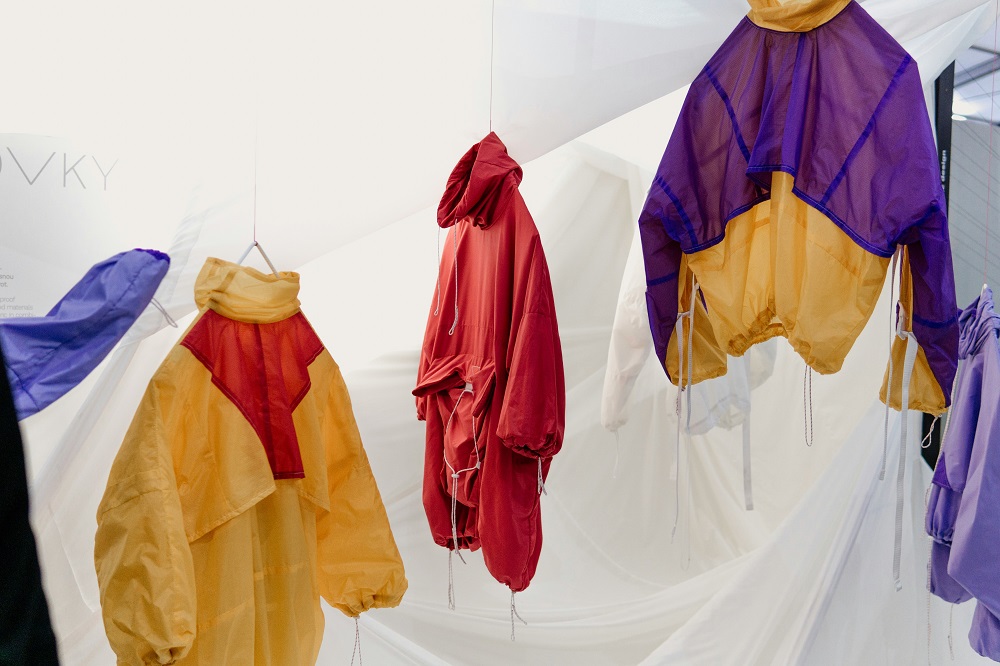Athletic apparel retailer lululemon and biotech innovator LanzaTech have joined forces to create a sustainable clothing item in a move to reduce pollution as well as the use of fossil fuels.
According to a press release, LanzaTech collaborated with Samsara Eco, an Australia-based enviro-tech startup, and created the Packable Anorak, a sustainable apparel product that aims to reduce fabric waste.
“This is the circular carbon economy in action. We are grateful to work with partners like these two across the value chain to bring more sustainable products to consumers and demonstrate that impactful technologies are at commercial scale today,” LanzaTech said.
Combining two innovative techniques, the fabric was created with captured carbon emissions and an enzyme-based recycling process.
LanzaTech’s carbon capture technology recycles carbon waste through its carbon fermentation process, transforming it into a range of products, such as “fabrics and foam for shoes, cleaners, and detergents, as well as the packaging around some of those products, like plastic bottles,” Tom Dower, Vice President of Public Policy for LanzaTech told a BIO webinar.
This combination of bioprocessing technologies resulted in a high-performance, lightweight, quick-drying jacket, offering the same feel and quality known to lululemon customers.
“Our vision is to scale these technologies to address textile waste across our entire supply chain,” said Yogendra Dandapure, Vice President of Raw Materials Innovation at lululemon. “This capsule product is a first step along this journey, helping us test and learn as we continue to advance circularity, which signals exciting possibilities for all industries looking to shift to more circular models.”
Biotech helps fashion become more sustainable
As one of the largest contributors to greenhouse gas emissions (GHG), the fashion industry has been facing pressure to take new approaches.
Sustainable garment-creating is slowly making its mark, and earlier this year, fashion retailer Inditex and sustainable chemistry manufacturer BASF revealed their collaboration: a new trademarked loopamid®, a type of polyamide (also known as nylon 6) and is made entirely from recycled textiles, as Bio.News previously reported.
“Following a ‘design for recycling’ approach, all parts, including fabrics, buttons, filling, hook and loop and zipper are made from loopamid,” BASF said in a statement.
New Jersey-based biotech company and Biotechnology Innovation Organization (BIO) member Modern Meadow is also making textiles more sustainable. Their dyeing technology is more efficient and uses up to 95% less water in the process than conventional methods, in addition to 75% less energy and 80% less dyes and chemicals.
As Bio.News reported, last year in November, Modern Meadow won the Small Business Award at the 2023 Green Chemistry Challenge Awards for their Bio-FREED™ Powered by Bio-Alloy™ textile dyeing process.




